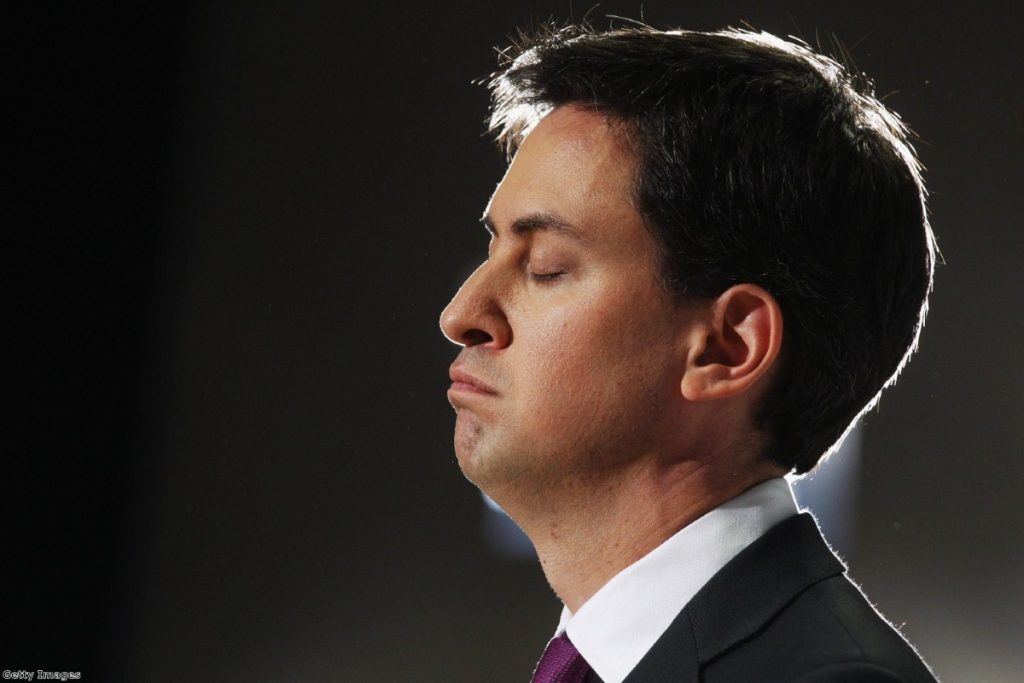Fresh wounds: Miliband and Cameron trade blows over Syria vote
Ed Miliband and David Cameron have traded blows over Syria for the first time since the prime minister was defeated in the Commons last week.
Cameron appeared to be struggling to control his anger at several points during the exchange and refused to look Miliband in the eyes, even though it has been days since the bad tempered debate in which MPs ruled out any British involvement in a military strike.
Immediately after the session ended, Miliband tweeted: "Last week’s vote was not about Britain shirking its global responsibilities, but about preventing a rush to war."
The tone and content of the message suggest Labour has been stung by some of the debate which followed Thursday's vote and that there may be nerves among Miliband's inner circle about how he will be perceived at the end of the long international debate on a Syrian intervention.


Three times the Labour leader insisted that "revulsion" against the use of chemical weapons was shared on all sides of the House, to a background murmur of disapproval from Tory MPs.
"The House has addressed this issue so far in a calm and measured way and we should continue to do that," Miliband said as the heckles escalated.
After a series of subdued questions on diplomatic and humanitarian initiatives, Miliband said: "Does he accept that there remains support across country for UK taking every diplomatic, political and humanitarian effort to help the Syrian people?
"Last week's vote was not about Britain shirking its responsibilities. It was about the rush to war."
Cameron replied: "I agree we must use everything we have in our power to bring to bear. My only regret of last week was I don't think it was necessary to divide the House on a vote which could have led to a vote but he thought it was."
The exchange had none of the theatre of usual PMQs exchanges, but seemed to suggest that relations between the two men may have been permanently poisoned by the Labour leader's manoeuvres during last week's debate.
Several Labour MPs, including former foreign secretary Jack Straw and perennial backbench troublemaker Jeremy Corbyn, called on the government to push for Iranian inclusion in negotiations – a move which would be strongly opposed by Washington.
Cameron resisted the move, saying: "If we believe there's some magical key to the Syrian conflict by adopting a different posture towards Iran it won't be the right decision."
This week's G20 meeting St Petersburg will see world leaders enter into bilateral discussions on Syria, but it will not be addressed in the main talks.









